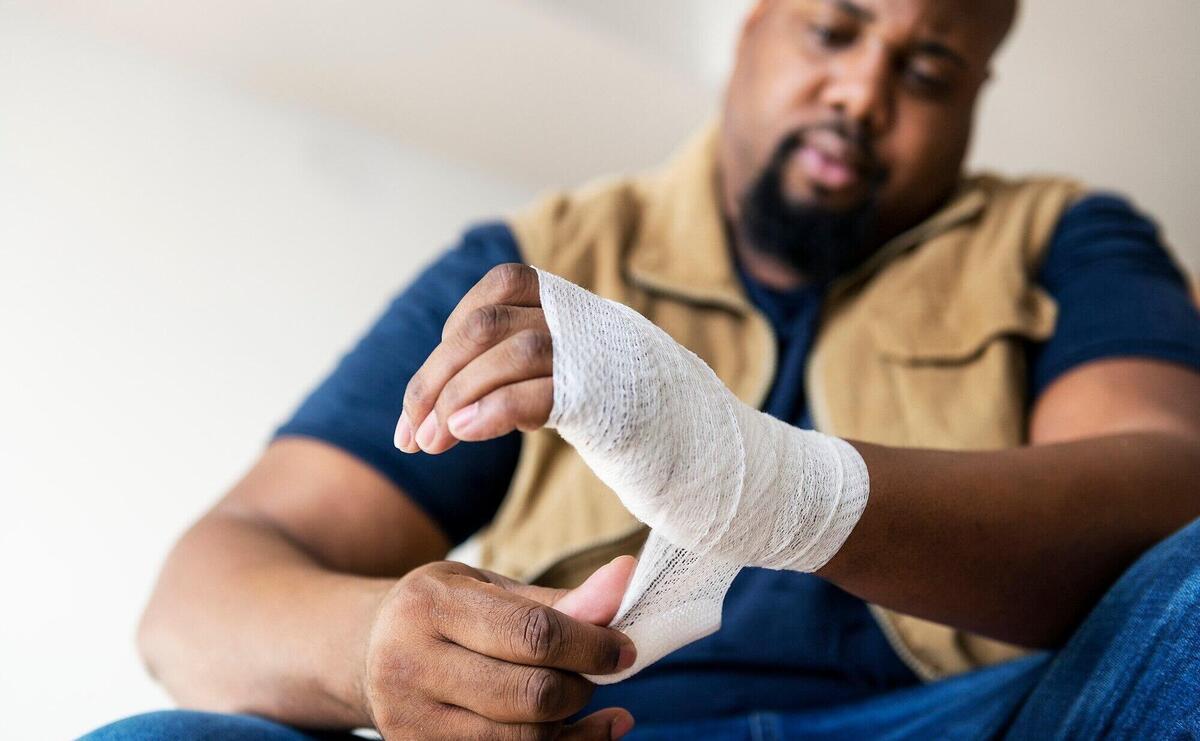Important Details to Share with Your Personal Injury Lawyer in the First Meeting
Chico, California, nestled in the lush Sacramento Valley, is a vibrant community known for its natural beauty, bustling college atmosphere, and active lifestyle. However, amidst this idyllic setting, residents and visitors alike are not immune to the unexpected personal injury accidents that can occur, ranging from vehicle collisions on busy streets to mishaps in public spaces or during outdoor activities.

When you've been involved in a personal injury accident, seeking legal representation from experienced law firms like the Law Offices of Steve Gimblin is crucial. Experienced personal injury lawyers in Chico who specialize in cases like yours can provide invaluable support. However, before diving deep into your legal matters, it's important to prepare for your first meeting. The initial meeting sets the foundation for your case and allows them to gather relevant information about your accident. To ensure a productive discussion, here are some important details you should be prepared to share.
1. Accident Details: the Who, What, Where, and When
Start by providing a thorough account of the incident that led to your injury. Remember to include all key details, such as the date, time, and location of the accident. Identify any parties involved and their roles in the incident, and gather contact information of witnesses at the scene if possible. Additionally, share any documentation or evidence related to the accident that you may have already collected. This might include police reports, pictures or videos of the scene, medical records from any immediate treatments received, or insurance correspondence.
2. Injuries Sustained: Present and Past
Your personal injury lawyer needs to know all about your injuries both before and after the accident occurred. Evaluate what symptoms immediately followed the incident and explain how these symptoms have affected your daily life. Be prepared to discuss previous medical conditions or similar accidents you may have experienced that could potentially impact your current case. Don't withhold any information regarding pre-existing injuries, as this could hinder your chances of receiving fair compensation.
3. Medical Treatment: Past and Ongoing
To assess the impact of your injuries fully, provide a comprehensive overview of all medical treatments you have undergone so far, as well as those anticipated in the future. Share medical reports, including diagnoses from doctors or specialists who were involved in treating these injuries; this evidence strengthens your case significantly. Furthermore, provide information on any medications, physical therapy, or rehabilitation therapies in progress due to the accident. It may be useful to outline the timeline of treatments and recovery, including any potential limitations you have experienced or anticipate in the future.
4. Financial Impact: Direct and Indirect Losses
In order to pursue fair compensation for your personal injury claim, it is essential to communicate the financial impact of your injuries and discuss both direct and indirect costs resulting from your accident.
Direct costs may include medical bills, hospital stays, surgeries, prescription drug expenses, and assistive devices like crutches or wheelchairs. Also, consider any transportation costs incurred for medical appointments or modifications made to your residence for accessibility purposes.
Indirect costs are those that can’t easily be quantified but still contribute to stress and harm. These may include lost wages from time off work due to injury, lost earning capacity if you can no longer perform your job at full capacity, or alternative career opportunities missed out on due to ongoing treatment.
Providing details about these financial burdens will assist your lawyer in evaluating the appropriate compensation amount to seek for your circumstances.
5. Interaction with Insurance Companies
If you have already had interactions with insurance companies involved in the case, discuss them with your lawyer during this initial meeting. Share information about what has been communicated back and forth, including any settlements offered by insurance representatives. Your attorney must be aware of all conversations related to the incident as it helps guide them in determining whether a settlement offer is sufficient or if they should escalate preparations for going to trial.
Conclusion
Your first meeting with a personal injury lawyer is a pivotal step toward pursuing legal action for your accident. By preparing the important details mentioned above, you set the stage for an informative and productive discussion. Remember, open communication with your lawyer is essential to building a strong case. Don't be afraid to ask questions or seek clarification on any aspects of the legal process that may be unclear to you. Your objective is to collaborate effectively with your attorney, working towards achieving fair compensation for your injuries and losses.